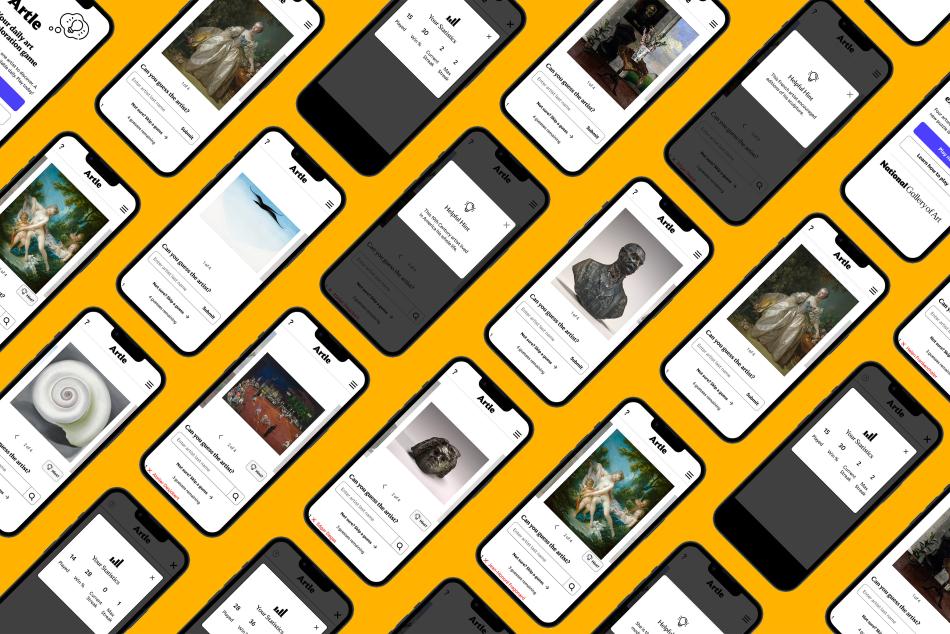
Nicolaes Pietersz Berchem
Bibliography
1753
Houbraken, Arnold. De Groote Schouburgh der Nederlantsche Konstschilders en Schilderessen. 3 vols. in 1. The Hague, 1753 (Reprint: Amsterdam, 1976): 2:109-114.
1958
Schaar, Eckhard. Studien zu Nicolaes Berchem. Cologne, 1958.
1978
Blankert, Albert. Nederlandse zeventiende eeuwse Italianiserende landschapschilders. Revised and enlarged ed. Exh. cat. Centraal Museum, Utrecht. Soest, 1978: 147-171.
1987
Sutton, Peter C., et al. Masters of Seventeenth-Century Dutch Landscape Painting. Exh. cat. Rijksmuseum, Amsterdam; Museum of Fine Arts, Boston; Philadelphia Museum of Art. Boston, 1987: 262-268.
1990
Dupare, Frederik J., and Linda L. Graif. Italian Recollections: Dutch Painters of the Golden Age. Exh. cat. The Montreal Museum of Fine Arts. Montreal, 1990: 55-78.
1991
MacLaren, Neil. The Dutch School, 1600-1900. Revised and expanded by Christopher Brown. 2 vols. National Gallery Catalogues. London, 1991: 1:19-20.
1995
Wheelock, Arthur K., Jr. Dutch Paintings of the Seventeenth Century. The Collections of the National Gallery of Art Systematic Catalogue. Washington, D.C., 1995: 22.
1998
Wuestman, Gerdien. “Berchem in Prent: Tekenvoorbeeld, Kunstwerk of Bron? Verschuivingen in Functie en Betekenis van Reproduktiegrafiek.” In De Hollandse Schilderschool in Prent. Studies naar Reproduktiegrafiek in de Tweede Helft van de Zeventiende Eeuw. Ph.D. diss., Universiteit Utrecht, 1998: 59-102.
2006
Van Thiel-Stroman, Irene. "Nicolaes Pietersz Berchem." In Painting in Haarlem 1500-1850: The Collection of the Frans Hals Museum. Edited by Pieter Biesboer and Neeltje Köhler. Translated by Jennifer Kilian and Katy Kist. Ghent, 2006: 102-105.
2007
Biesboer, Pieter. "Nicolaes Berchem, Maître de Haarlem." L'Estampille--L'objet d'art 421 (2007): 28-37.












